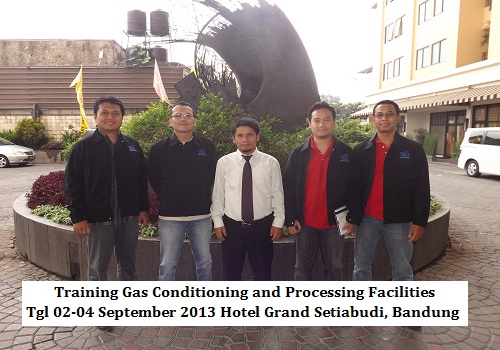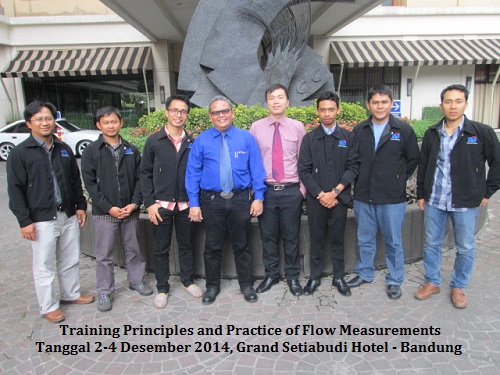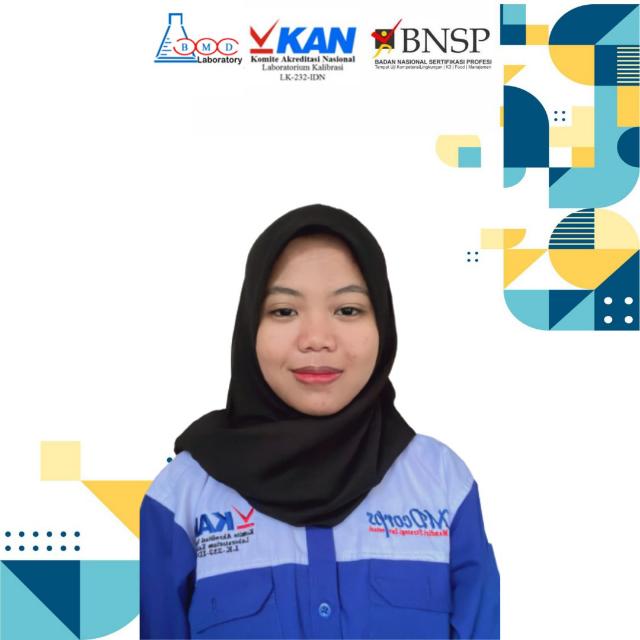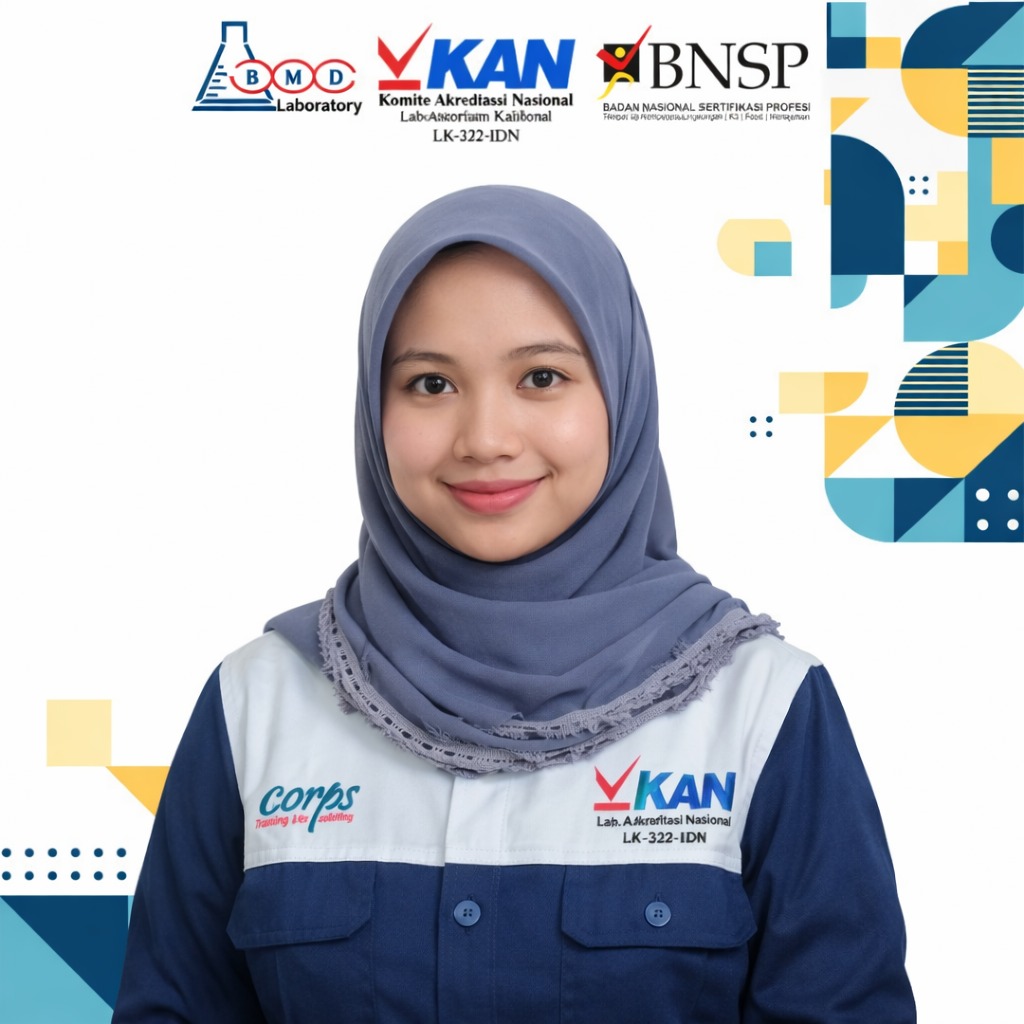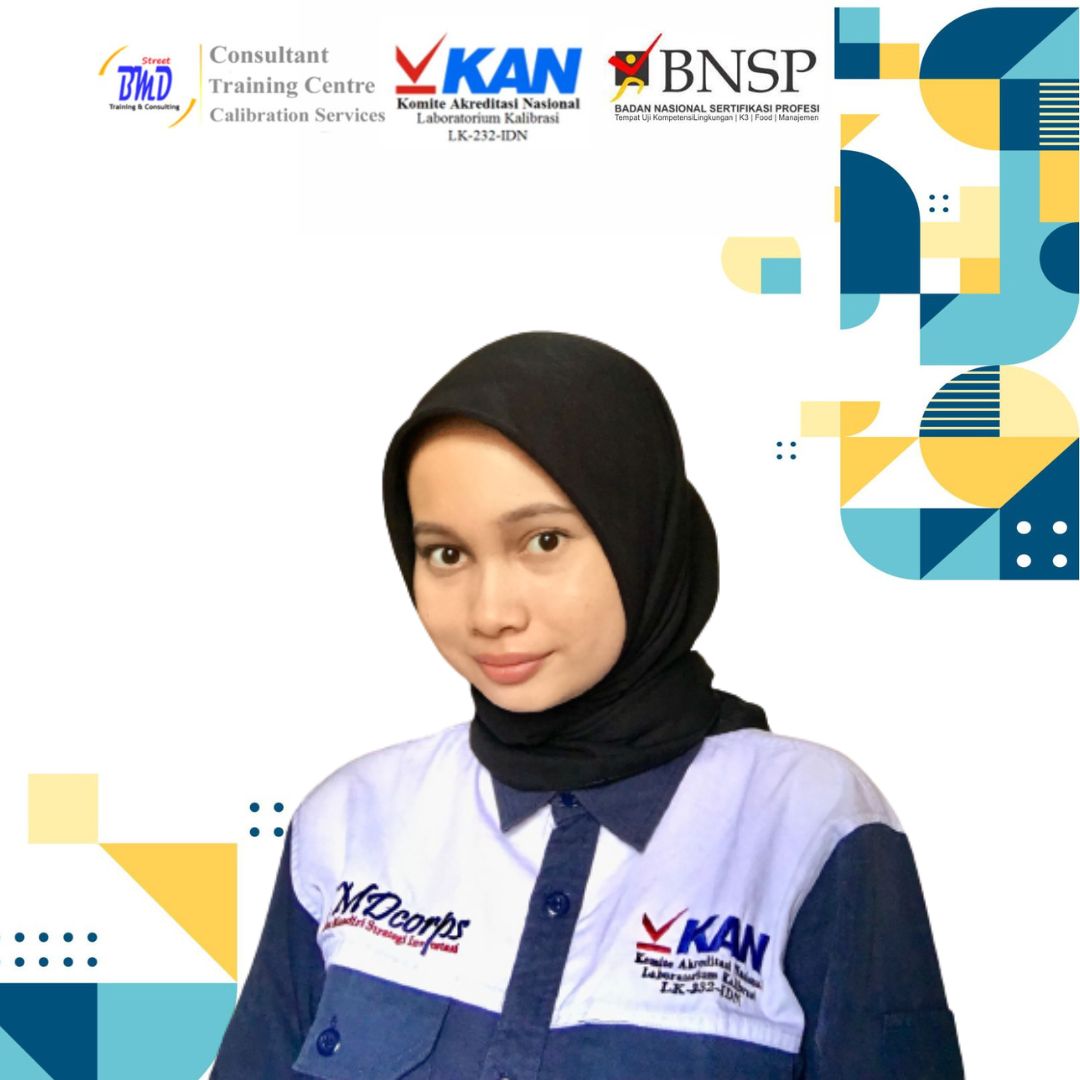OBJECTIVITES :
After participate in this training , the participants will be able and capable to :
- Understand the basic concept of gas handling processes and operation, and how to operate this technology in field application.
- Diagnostic of gas reservoir performance under actual drive mechanism and future performance with current handling processes.
- Analyze the production potential of reservoir under with actual handling system processes and to plan the better development processes according to reservoir capacity.
- Understand the fundamentals of microscopic and macroscopic aspects and phenomena of gas handling processes and operation.
AUDIENCE:
No specified (Operator/ Sr. Operator/Engineer or Non Engineer)
TRAINE OUT-LINE:
Introduction to Gas Process and Operation
Gas Properties
- Ideal gas
- Real Gas
- Gas Formation Volume Factor
- Gas Compressibility
- Gas-Water System
- Gas-Condensate System
Gas Reservoir Performance
- Reservoir Gas Flow
- Gas Reserves
- Well Completion Effect
- Tight Gas Well
- Gas Well Testing
Gas Piping System
- Basic Flow Equation
- Flow in Wells and Flow in Pipelines
- Effect of Liquids
- Use of Pressure Traverse Curve
- Liquid Removal from Gas Wells
Gas Compression
- Type of Compressors
- Compressor Design
- Centrifugal Compressor
Total System Analysis
- Tubing and Flow Line Effect
- Separator Pressure Effect
- Compressor Selection
Flow Measuring
- Orifice Metering
- Metering System Design
- Other Metering Methods
Gas Condensate Reservoir
- Well Testing and Sampling
- Gas Cycling
Field Operation Problems
- Pressure Cumulative Production Plot
- Hydrate Formation
- Sour Gas Production
- Corrosion Control With Inhibitors
- Sulfur Deposition
Gas Processing
- Field treatment of Natural Gas
- Gas Plant Operation
- Gas Dehydration
- Gas Sweetening
DURATION
3 Day
FASILITY
Normal Class
- Quality training material (hardcopy and softcopy), Quality training kits: bag, block note, ballpoint, including jacket, etc, Convenient training facilities in four or five stars hotel.
Online Class
- Softcopy Modul dan Sertifikat
INFORMATION & PROMO
Call : 021 756 3091
Fax : 021 756 3291
CONTACT PERSON
0813 8280 7230, 0812 8931 1641, 0821 3874 5980
Email: [email protected]
Website: https://bmdstreet.co.id
Schedule Training Natural Gas Transportation & Utilization year 2025:
- 19-21 November 2025 Bandung
- 17-19 Desember 2025 Yogyakarta
Schedule Training Natural Gas Transportation & Utilization year 2026:
- 07-09 Januari 2026 Malang
- 04-06 Februari 2026 Bogor
- 04-06 Maret 2026 Surabaya
- 08-10 April 2026 Bandung
- 06-08 Mei 2026 Medan
- 03-05 Juni 2026 Jakarta
- 01-03 Juli 2026 Bali
- 05-07 Agustus 2026 Bogor
- 02-04 September 2026 Surabaya
- 07-09 Oktober 2026 Bandung
- 04-06 November 2026 Yogyakarta
- 02-04 Desember 2026 Jakarta
Investation (Not Include Hotel Acomodation) :
Online Class
- Rp 6.100.000/peserta (Harga belum termasuk pajak dan promo)
Normal Class
- IDR. 12.000.000,-/participant (Jakarta) (Harga belum termasuk pajak dan promo)
- IDR. 12.000.000-/participant (Bandung) (Harga belum termasuk pajak dan promo)
- IDR. 13.100.000,-/participant (Yogyakarta) (Harga belum termasuk pajak dan promo)
- IDR. 15.300.000,-/participant (Bali) (Harga belum termasuk pajak dan promo)
- IDR. 16.100.000,-/participant (Lombok) (Harga belum termasuk pajak dan promo)
- US$ 4780/participant (Malaysia) (Harga belum termasuk pajak dan promo)
Available on request for time, place and facilities call us for more information

